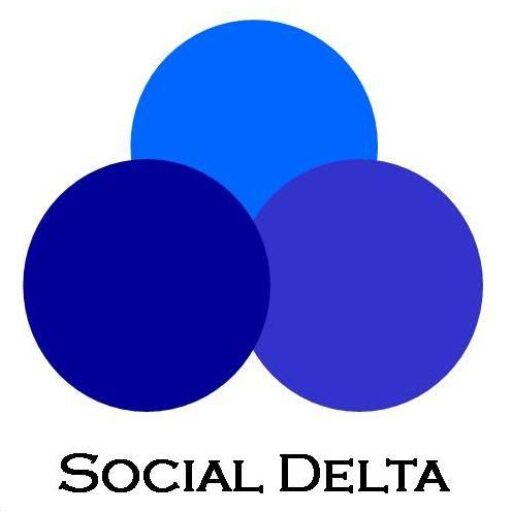When you buy something—anything, really—there is an exchange of value. Money is exchanged for a good or service, right?
The trouble is that we frequently forget that there are more currencies than money, and more products than a single good or service.
Time is maybe our most valuable currency. It is a fixed asset. It is always limited in supply. We get to choose how we spend it, and once spent, it can’t be refunded. Like money, we need time to thrive. We also have compassion to spend. And patience. And privacy. And commitment. These are all currencies.
As for the products we purchase, we can easily forget that when we buy a loaf of bread, for example, we are actually buying many goods and services. We are buying the grain from the nutrients of the land. We are buying the labour of the farmer, the miller, the trucker, and the baker. We are buying a small fraction of the combine harvester and even the time of the person who built that machine. And we are buying the raw materials that were used to make that machine. We are also buying the environmental impact of the process by which that loaf of bread arrived at our local grocery store.
The purchase of a loaf of bread, then, is an exchange of two BUNDLES of value:
(Money, time & commitment)
is exchanged for
(Bread, agricultural community livelihoods & supply chains)
This expanded view of commerce is important is because making deliberate purchasing choices matter, and every choice affects multiple aspects of what might appear to be a simple transaction.
Let’s look at some scenarios:
- Right now, Canadians are fearful of potential financial losses and inflationary trends in an environment of threat of tariffs and trade restrictions; therefore, we can choose to spend on products and services that reinforce the growth and resilience of our local and national communities.
- In every transaction, if we spend the time to speak to the vendor, we gain more than just their product, we gain an understanding, a connection, and a relationship; buying online might be cheaper, but we are making a choice to relinquish social cohesion.
- When we consume social media, we are exchanging time, patience, privacy, and editorial control for quick news, comedy, and the financial wealth of the media owners; we can make a choice about what we are spending and what we are getting. (note that this “purchase” doesn’t use the customer’s money as currency in the transaction)
Why am I writing this blog on a site about social entrepreneurship?
Well, social enterprise is a form of commerce which deliberately takes into account a broader understanding of an exchange of value. When the vendor is clearly and intentionally working to improve some form of social justice, then a customer’s purchase takes on a multi-dimensional aspect.
Let’s take the loaf of bread example: If you buy a loaf of bread from a social enterprise, you also might be “buying” sustainable wages for local bakers, or the knowledge that you are supporting sustainable agricultural processes, or you the multifaceted benefits of helping to create a job for someone otherwise excluded from the work force. You are exchanging your money, time and commitment for bread and some (or many) forms of positive social impact.
For those who may be feeling as though the social fabric is being eroded by political divisiveness, the rise of oligarchical actors, and growing intolerance and cruelty, it is powerful to recognized that buying choices can make a tremendous positive impact.
When you buy something—anything, really—you are able to affect the course of history.
